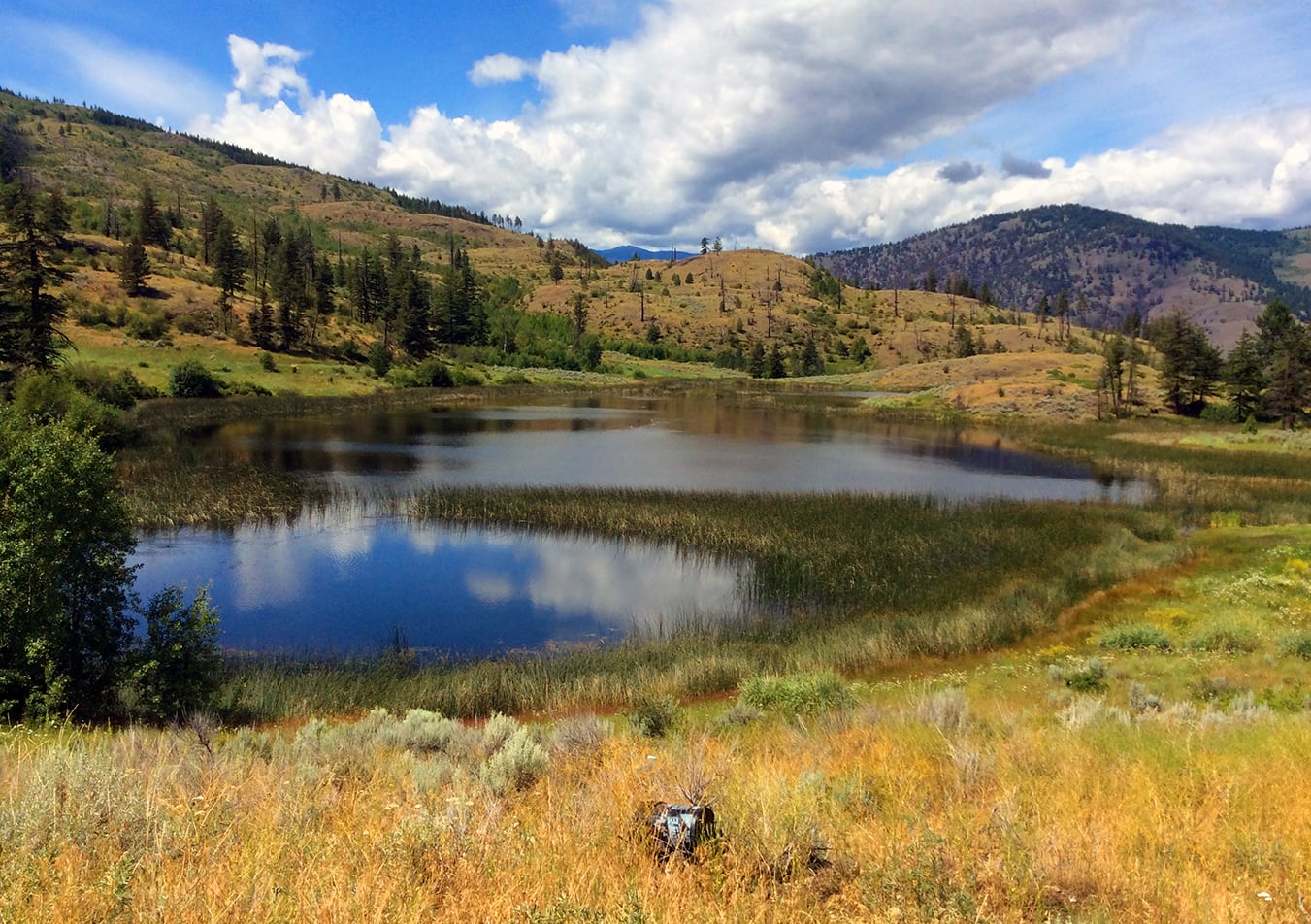Op/Ed: Wetlands are our natural defences, need to be conserved
During the recent UN Biodiversity Conference (COP15) in Montreal, over 190 nations adopted a Global Biodiversity Framework.
Part of that agreement is to conserve at least 30 per cent of the world’s lands and waters by 2030. While it is not a legally binding agreement, people and communities want action. Here in Canada, the federal government has committed to this goal as a measure to address the twin crises of biodiversity loss and climate change.
Some provinces have subsequently announced action plans.
One of our best natural defences to lessen the impacts of climate change are wetlands. Unfortunately, they also happen to be one of the world’s most threatened ecosystems.
Canada is home to 25 per cent of the world’s wetlands; more than any other country. Many have disappeared due to human activity, such as development and drainage. In southern Canada where our communities are most settled, we have lost over 80 per cent of our original wetlands. In recognition of this, there needs to be a concerted effort to conserve our remaining wetlands — and fast.
Wetlands serve numerous valuable social, economic and ecological functions. They have an important role in purifying drinking water. They also provide vital wildlife habitat, flood mitigation, soil stabilization and recreational opportunities. As more and more wetlands are degraded or lost, the natural capacity to buffer floods from runoff and tidal forces is lessened, increasing the threat of major flooding.
Wetlands do a lot of things for us that people often take for granted or haven’t thought about. If you used water today to brush your teeth, cook or quench your thirst, you should probably thank a wetland! They protect our water quality by capturing sediment, nutrients and pollutants. Like a big roll of paper towel or a giant sponge, they absorb and replenish water to buffer flood and drought risks. They also trap and store carbon.
Wetlands also provide important nesting and feeding grounds for waterfowl and many other animals. At least half of the species in North America rely on them for at least part of their life cycle.
The Nature Conservancy of Canada (NCC) has protected and restored over 161,000 hectares of wetlands across the country for the benefit of plants, animals and people. We have also contributed to the protection of over 57,000 kilometres of rivers and more than 496,000 hectares of lakes.
We are proud to work with private landowners, communities, governments and other organizations to conserve important habitats, including wetlands, floodplains and shores. We also restore wetlands that have been degraded, to improve these natural spaces for migratory birds, amphibians, fish and other species.
Here in British Columbia, wetlands are among the Nature Conservancy of Canada’s most important habitats we are working to conserve. Since 1974, we have protected and restored close to 3,000 hectares of wetlands across BC.
This year we will do even more. We have new and ongoing wetland projects in all areas where we work, including on Haida Gwaii, the south Okanagan, Vancouver Island and in the Columbia Valley.
In addition to their importance for nature, many of the Nature Conservancy of Canada’s wetland areas provide recreational opportunities such as walking, hiking, fishing, wildlife viewing and canoeing, along with educational opportunities for people of all ages to learn and explore.
As we collectively face the dual crises of nature loss and changing climate, it will take everyone: individuals, communities, governments, businesses, conservation groups and Indigenous communities to work together for the protection of wetlands.
Kate MacKenzie is Land Administration Coordinator with Nature Conservancy of Canada in British Columbia


























